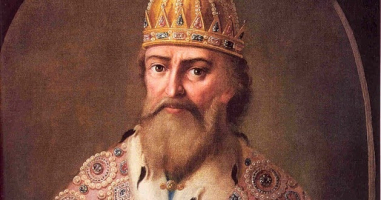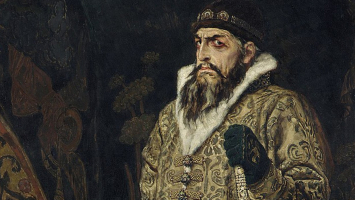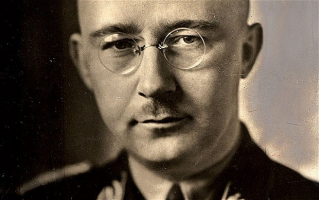Top 5 Interesting Facts about Ivan Pavlov
Ivan Pavlov, a towering figure of 20th-century science and society, is credited with being the father of behaviorism. He taught dogs to salivate in response to ... read more...bells and introduced a methodologically objective approach to psychology. Let's discover 5 Interesting Facts about Ivan Pavlov with Toplist that are a small door to the life of a man whose work, life, and values are much more complicated and interesting than the image we have seen familiar in life.
-
In 1849, Ivan Pavlov was born in Ryazan, Russia. A theological seminary, Pavlov joined since his father was a priest. Prior to enrolling in the regional theological seminary, Pavlov attended the Ryazan church school. He used to intend to become a priest. But Pavlov changed his mind after reading the writings of Russian physiologist Ivan Sechenov. Pavlov gave up his profession in religion after becoming inspired by the progressive ideals of IM Sechenov, the founder of Russian physiology, and DI Pisarev, the most well-known literary critic in Russia in the 1860s. He made the decision to live his life in science. He left the seminary in 1870 and began attending what is now St. Petersburg University. There, he registered for courses in natural science and the physics and math departments.
Pavlov successfully finished his course work in 1875 and was awarded the title of Candidate of Natural Sciences. However, he made the decision to continue his studies and went to the Academy of Medical Surgery for a third semester there due to his intense interest in physiology. In 1879, he achieved this, for which he was once more given a gold medal. After passing a test, Pavlov was awarded a scholarship to the Academy, and this, together with his job as director of the physiology lab at the clinic of renowned Russian physician SP Botkin, helped Pavlov achieve his goals. He persisted with his investigation.
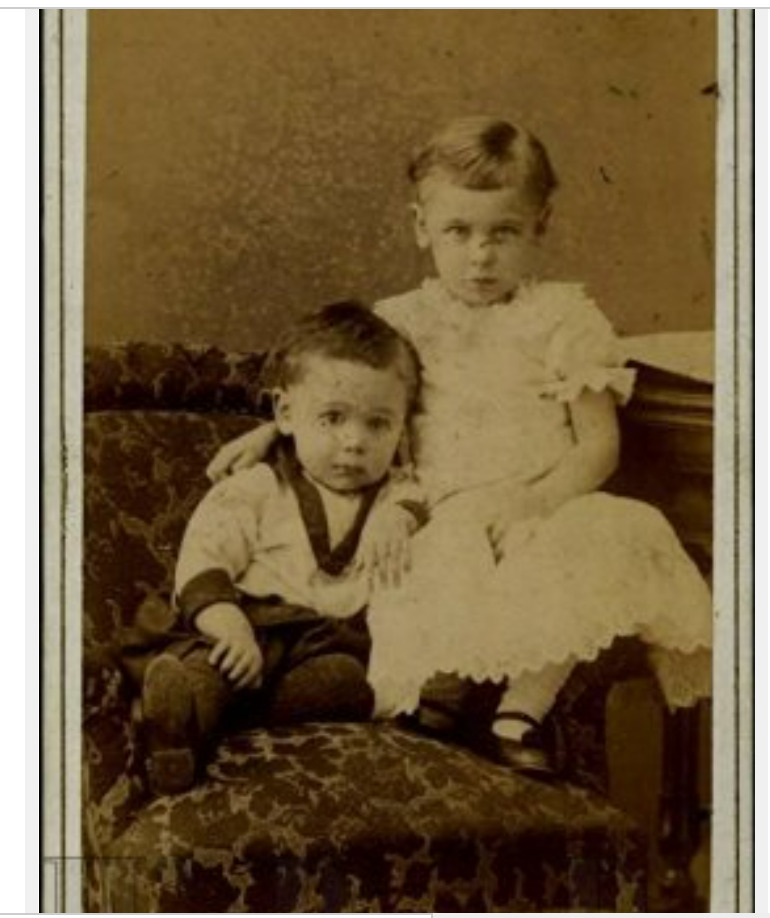
Pavlov's childhood - Photo: istmira.com 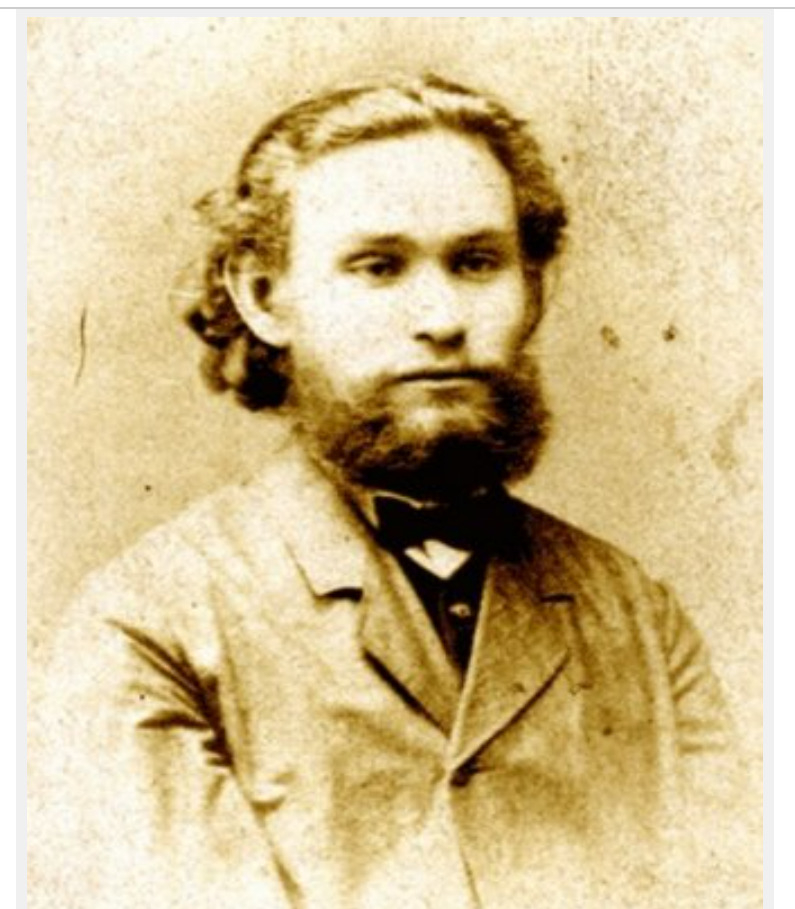
Pavlov in youth - Photo: istmira.com -
Prior to enrolling in the regional theological seminary, Pavlov attended the Ryazan church school. However, he left the seminary in 1870 without receiving a diploma in order to enroll in college at St. He pursued natural science classes there and enrolled in the physics and mathematics departments. In his fourth year, he won a renowned university award for his initial research on the physiology of the pancreatic nerves. Pavlov successfully finished his coursework in 1875 and was awarded the title of Candidate of Natural Sciences. Pavlov opted to continue his study and switched to the Royal Academy of Medical Surgeons because of his intense interest in physiology. Pavlov worked as Elias von Cyon's assistant while still a student at the academy. When a different lecturer took de Cyon's position, he departed the faculty.
After some time, Pavlov was hired by the Veterinary Institute's physiological department as Konstantin Nikolaevich Ustimovich's lab assistant. Therefore, beginning his career as a laboratory assistant is considered one of the Interesting Facts about Ivan Pavlov. For his medical thesis, Pavlov researched the circulatory system for two years. The eminent Russian physician Professor SP Botkin invited the gifted young physiologist to lead the clinic in the physiology laboratory in 1878. Pavlov received a gold medal for his research efforts when he graduated with honors from the Military Medical Academy in 1879. Pavlov was awarded a scholarship to the academy for graduate study following a difficult exam. Pavlov was able to continue his study thanks to a fellowship and his job as the manager of Botkin's clinic's Physiology Laboratory. He submitted his doctoral thesis on The Efferent Nerves of the Heart in 1883, which included an overview of aneurysms and the fundamentals of the nervous system's nutritive function. Additionally, his work with the Botkin Clinic revealed a basic pattern in how the circulatory system's reflex control is carried out.
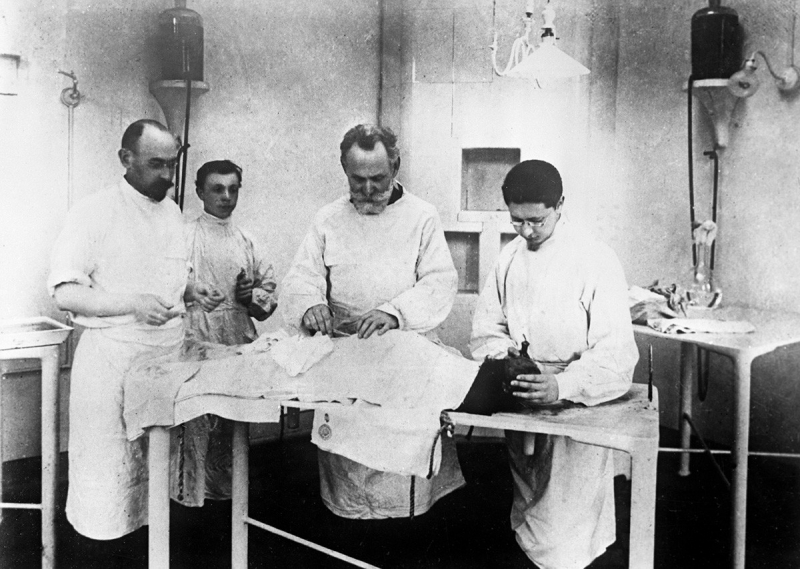
Ivan Pavlov (second right) in his laboratory - Photo: rbth.com 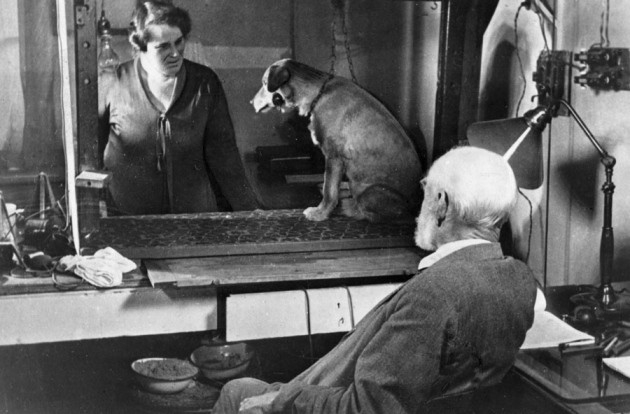
Ivan Pavlov was watching an experiment with a dog - Photo: rbth.com -
On May 1, 1881, Ivan Pavlov wed Seraphima Vasilievna Karchevskaya, whom he had first met in 1878 while she was attending the Pedagogical Institute in St. Petersburg. Sara, also known as Seraphima, was born in 1855. She fell ill afterward and passed away in 1947.
Financial difficulties plagued Pavlov and his wife for the first nine years of their marriage; they frequently had to stay at other people's homes, and there was a point when they split up to find filial piety. Material well-being is only a secondary concern, despite the fact that their poverty generates misery. Sara miscarried during her first pregnancy. The couple took measures when Sara became pregnant again, and she gave birth to their first child, a boy they called Wirchik, safely. Sara, however, became quite upset after Mirchik's untimely death as a toddler.
The Pavlovs produced four additional children after the untimely, premature death of their first child, Wirchik. One of the Interesting Facts about Ivan Pavlov is that he named all his children "V" after the death of his first son. Three sons and a daughter they called Vladimir, Victor, Vsevolod, and Vera. Just one year before his father passed away in 1935, their youngest son, Vsevolod, passed away from pancreatic cancer.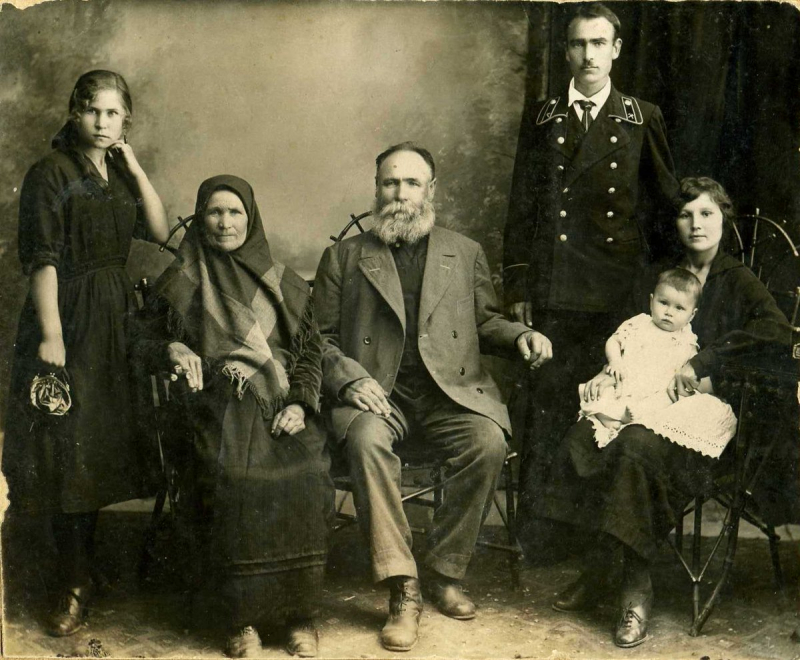
Ivan Pavlov, his wife and his children - Photo: twitter.com 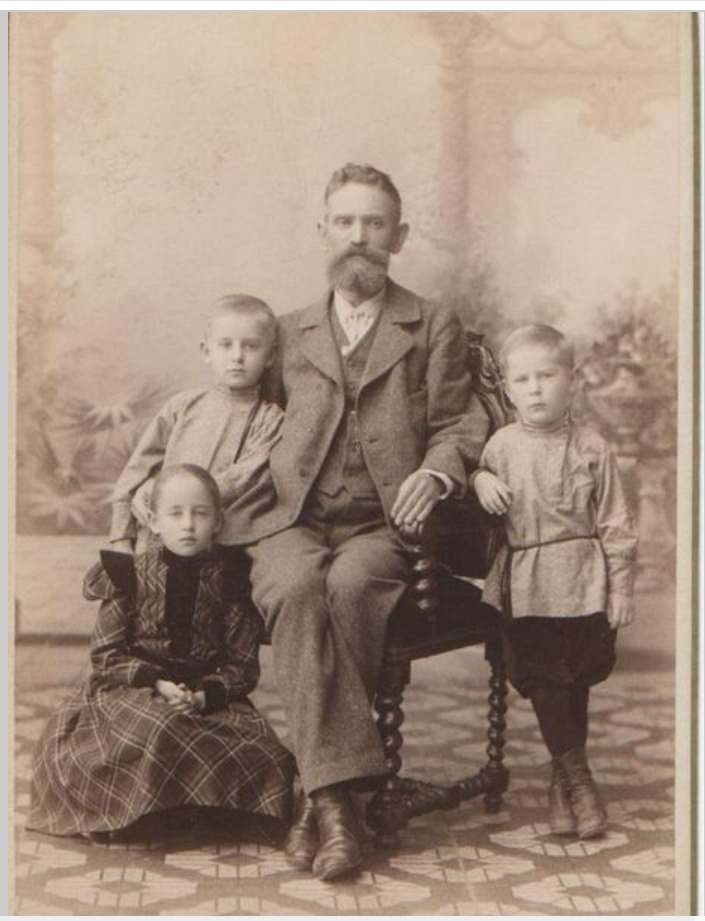
Vera, Victor và Vsevolod - Photo: myryazanfoto.ru -
Even while his most well-known study, which demonstrated how an external stimulus may affect a behavioral reaction, was ground-breaking, Pavlov was awarded the Nobel Prize in 1904 for a distinct achievement. Four years in a row, Ivan Pavlov was nominated for the Nobel Prize; he only triumphed in 1904 though. Because neither medicine nor physiology was precisely connected to all of his studies and study.
He was recognized for his work on the digestive system of animals. After surgically removing a dog's esophagus, Pavlov fed the animal and measured the digestive fluids produced by the pancreas and stomach to study how the process of digestion functioned.
Many branches of physiology and the neurological sciences have been influenced by Pavlov. His studies focused mostly on involuntary reflex responses, training, and temperament. After 12 years of study, Pavlov conducted and oversaw studies on digestion before releasing "The Work of the Digestive Glands" in 1897. In these trials, nonhuman animals' digestive systems were surgically removed in order to study the contents of the organs, the consequences of cutting nerve bundles, and the implantation of fistulas between the digestive system and an external pouch. This study serves as the foundation for further extensive studies on the digestive system.
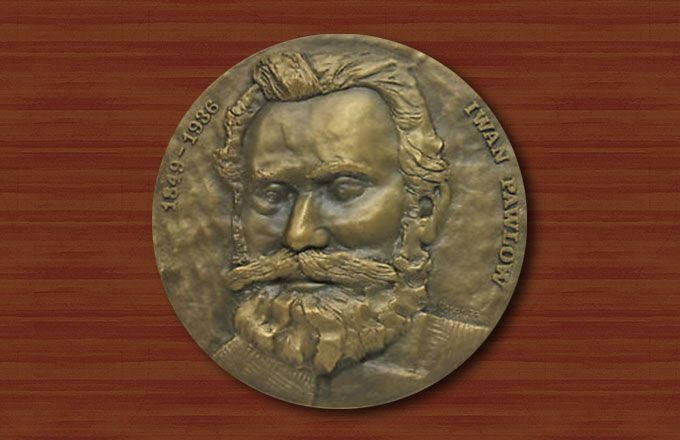
Nobel prize medicine bronze medal in 1904 - Photo: worthpoint.com Video: Dr. Monteiro Diederichs -
In the home where the scientist grew up, a memorial museum will open. This mansion is distinctive in that it has the furnishings and decor of a run-down city house in the main house, in addition to the major structures and the spatial design structure being properly preserved. was nearly entirely restored between the second half of the 19th and the beginning of the 20th century.
In the nineteenth century. The Church of the Assumption's abbots owned the property (Nikola Dolgoshei). His son-in-law, priest Peter Dmitrievich Pavlov, the father of academician Ivan Petrovich Pavlov, received the land in 1849. Lidia Petrovna Andreeva, P.D. Pavlova's daughter, is the new owner of the estate upon his passing. The estate was nationalized in 1918, but it was given back to its original owner in 1923. The estate, which was thereafter utilized as a common residence, was sold by Andreeva in 1927. His home was converted into a memorial museum after he passed away. On March 6, 1946, the tenth anniversary of the scientist's passing, the Pavlova Memorial Museum was inaugurated in the main residence.
Visitors may learn more about Pavlov's life and accomplishments by visiting the museum on his former estate in Ryazan, Russia. The stuffed dogs (and even a monkey) that Pavlov employed in his studies will be on display if you go. You may also visit The Pavlov Memorial Museum in St. Petersburg, where Pavlov spent nearly 20 years of his life until passing away on February 27, 1936.
Ivan Petrovich Pavlov was nurtured by his parents for the remainder of his life and was reared in a modest Ryazan bishop's household before becoming a renowned scientist. Here, in a simple wooden house with a mezzanine, are the tenets of life: honesty, boldness in judgment, and readiness to defend one's point of view. The Pavlovs' home is frequently alive with music, readings of Ivanov Petrovich's poems, Christmas decorations, and community tournaments. Conferences, scientific symposiums, and readings of Pavlovsk are frequently held in the museum. The museum works to conserve the spiritual treasure that Academician Pavlov added to and enhanced in our lives.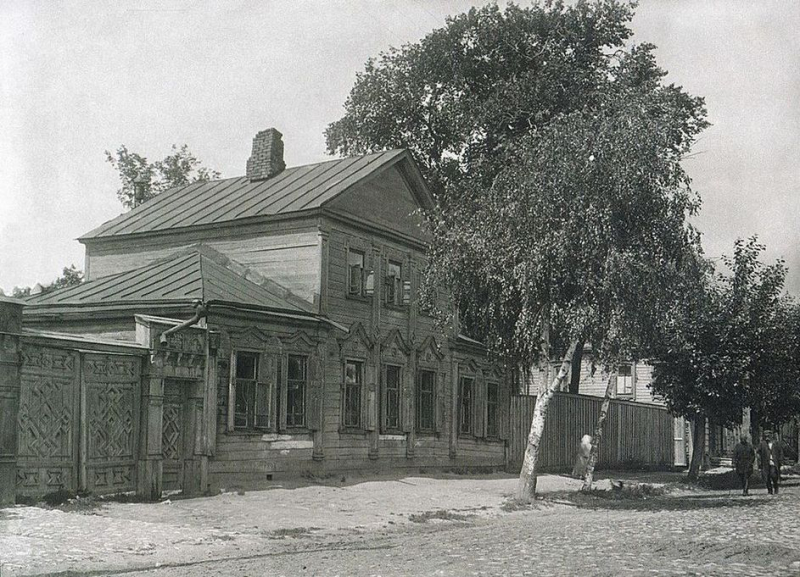
Ryazan - The house of P.D. Pavlov in 1926 - Photo: myryazanfoto.ru 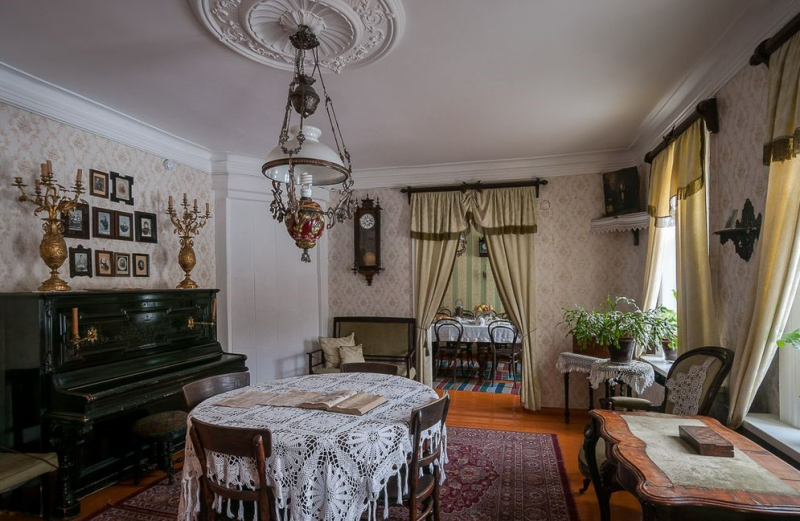
Living room in Pavlovs house - Photo: myryazanfoto.ru







